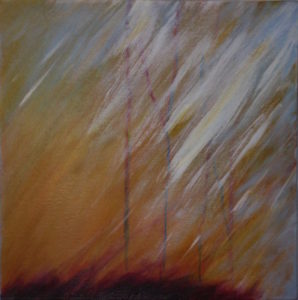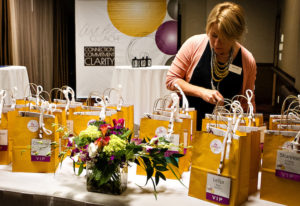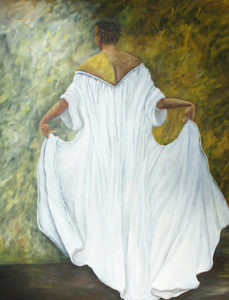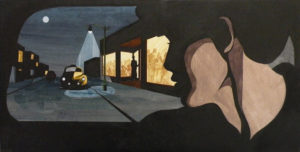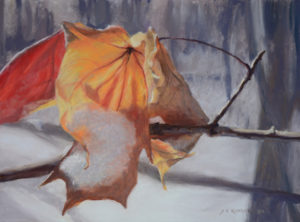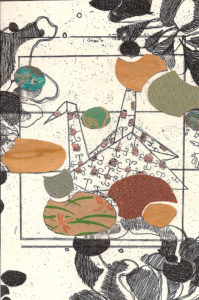
Written Contracts & Agreements (Curious Monday)
Doing business on a handshake seems to be the easiest and best way to do things – until we realize it was a really, really, really bad idea.
Putting terms and conditions on paper will save your butt.
And … I know that artists don’t always go to the trouble to get things in writing.
So, here’s what I want to know.
What situations/projects/venues do you have contracts for?
When do you do without contracts?
Have you ever been in a situation in which you would have been better served with a contract? (You kicked yourself by not having a signed agreement.)
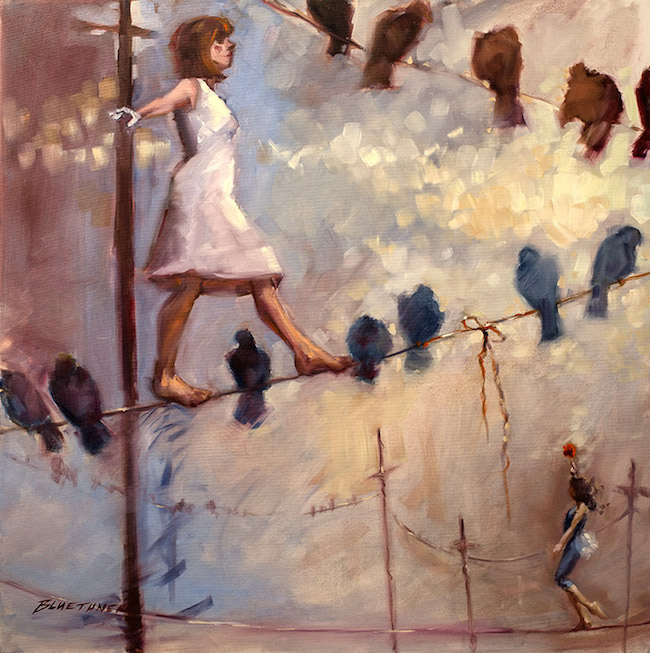
Assuming Traditional Female Roles with Your Art Career (Curious Monday)
Is it harder to be a woman and have an art career?
I’m not talking about the fact that the art world is still male-dominated. I’m talking about juggling roles that are perceived to be held traditionally by women with your career as an artist.
Do you find it difficult to be wife, mother, caretaker, carpool-driver, housekeeper, and have an art career?
How or why is it harder to do this as an artist than if you were in another business?
What would make it easier? What could you do differently to make it easier on yourself.
And what about you guys? What do you think?

In Your Wildest Dreams (Curious Monday)
No matter how many checklists you have, you can’t begin to fathom the crazy things that could happen … the wacky things that people will say, think, or do.
Has anyone ever installed your art upside down?
Has anyone ever put a weird clause in your contract?
Have you ever [fill in the blank]?
I thought it might be fun to hear about the crazy things that you’ve encountered in your art career and business.
It’s impossible to be prepared for every situation you might encounter in your art career, but hearing first from other artists might help you be ready for the unexpected.
Please leave a comment below.

Improve the Visual Impact of Your Email, Blog, and Website
Your emails, blog and website have the potential to engage readers or turn them off.
How can you design your content so that people keep reading and look forward to hearing from you?
You’re creating a composition not only with your art, but also with words and design elements.
It’s an empty wall on which you showcase your work. Let me emphasize that: The focus should be on your art, not on a decorative font, logo, or the colors you choose.
Every decision you make when creating online content should be about elevating the art.
Having said that, you can elevate the art and retain readers’ interest with these tips.
Images Make An Impact
You are so lucky. You sell something that is visually interesting to look at. This is a big plus in today’s world of online marketing because images have become paramount.
Exploit this advantage!
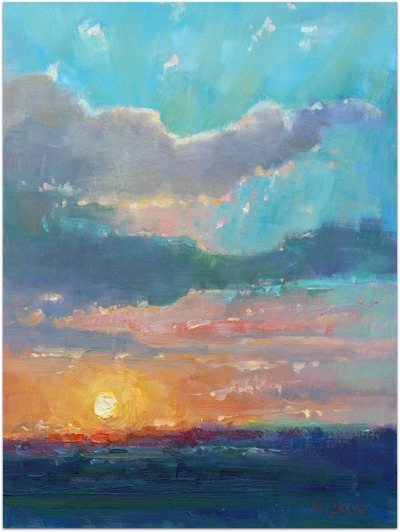
Where and How Do You Retreat? (Curious Monday)
It’s well proven that we need rest and relaxation for peak performance.
Artists need to get away or get out of their heads in order to be refreshed and newly inspired.
Enter the artist’s retreat.
You might have official getaways planned in the form of retreats. I often refer to Art Biz Breakthrough as a retreat because it allows you to get away from the daily grind and focus on business-building.
How do you get away from it all?
Do you have regular retreats planned? Where do you go? What do you see and do?
Do you plan weekly or monthly retreats?
What do those look like?
Please share in a comment below.
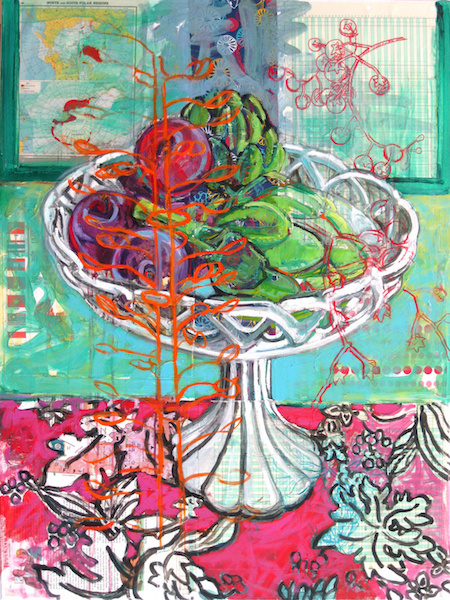
5 Ways to Follow Up with Students in Your Art Classes
The follow-up process for students is different than that for buyers and collectors.
Once someone has studied with you, they are likely to take additional classes from you, which means it’s just as important to follow up with students as it is with your collectors – if you want to grow your class sizes and offerings.
You have to show students that you care before, during, and after the program they enroll in.
Here are five ways to do that.
1. Ask for Evaluations and Testimonials
Evaluations can help you improve your offerings while showing students that you care about the experiences they’ve had with you. You’re asking to hear their opinions.
Evaluations can also be a source of testimonials for your programs – if you ask the questions the right way.
Keep your evaluation short. I suggest some variation of these three questions:
What did you most enjoy about this class?
What was your

